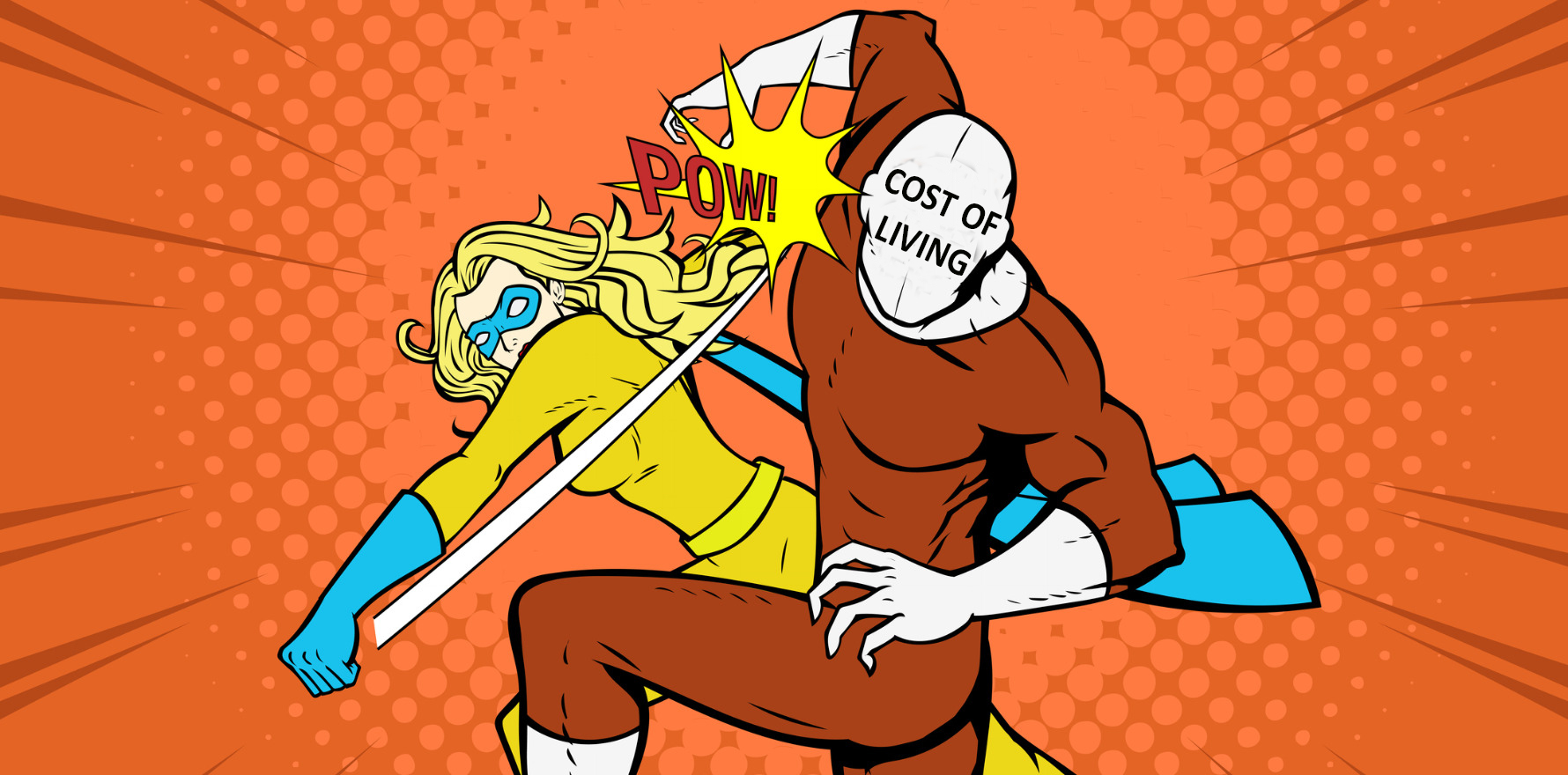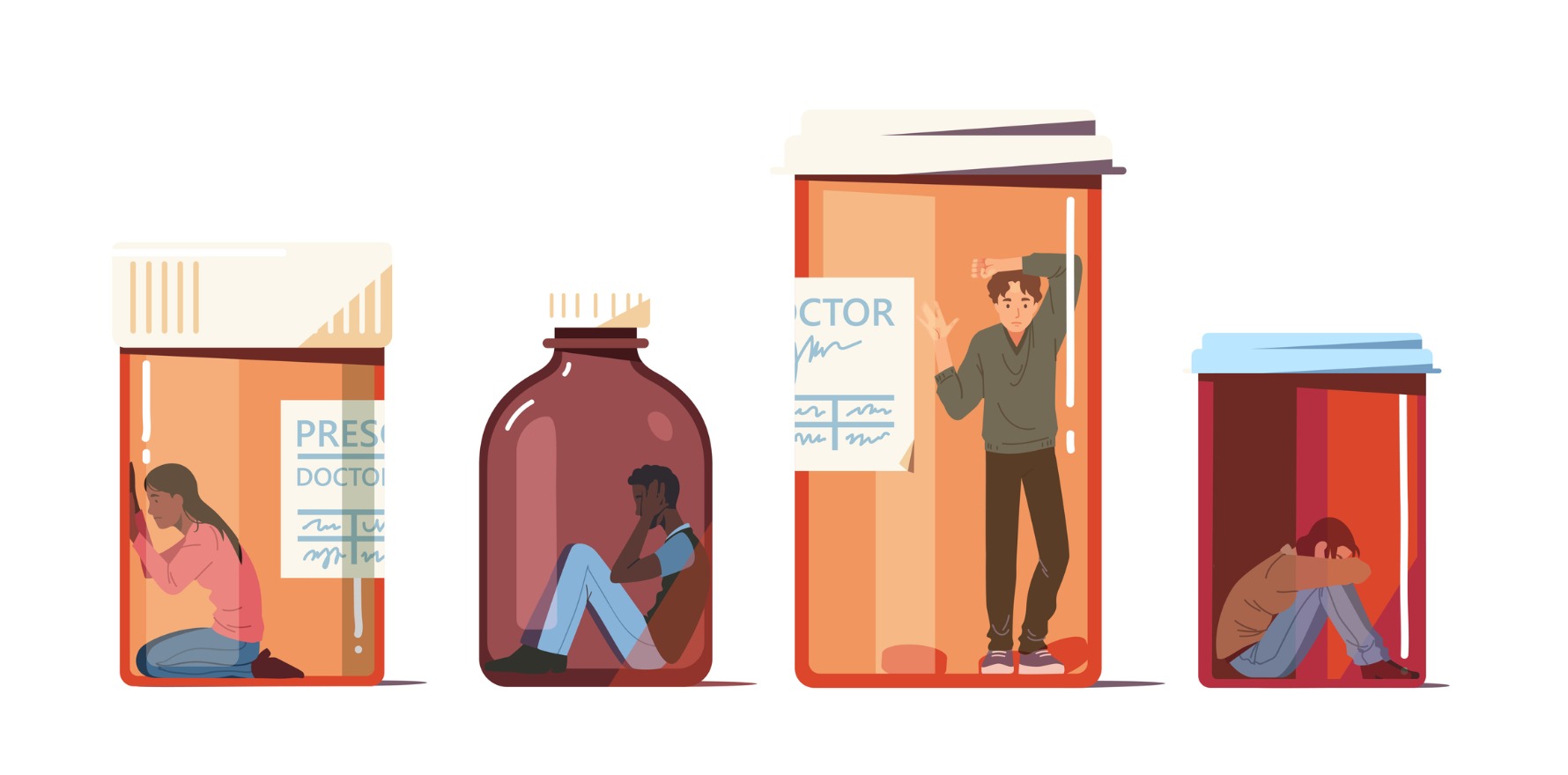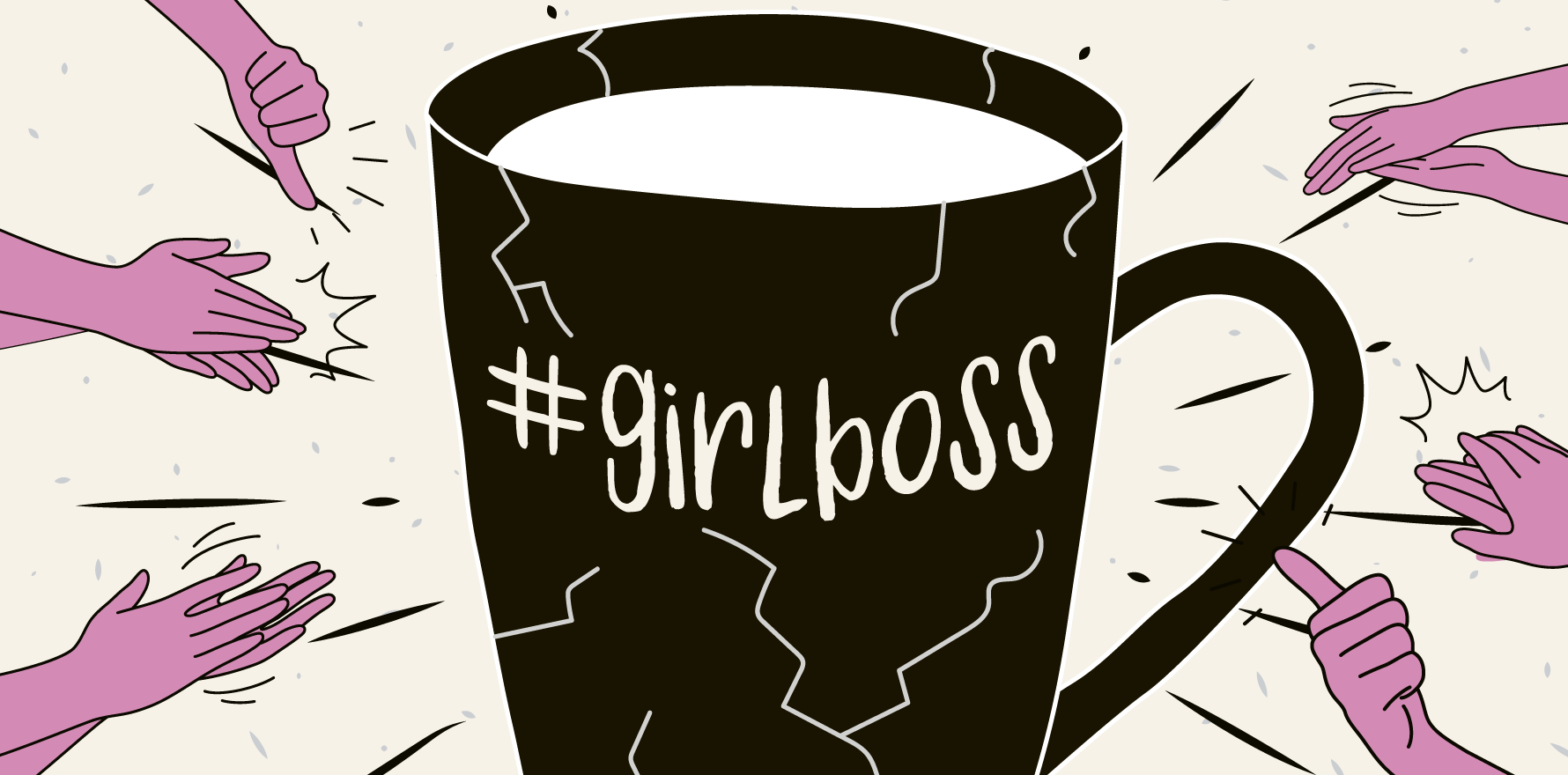You are not alone. But how do we help our patients keep their heads above water without drowning ourselves?
I paid $85 for a single bag of groceries this week. A single bag. From Coles, not from a luxury grocer. Nothing I bought was a frivolous purchase; a single 500g box of All Bran ($8), 500g soy yoghurt ($6), 200g Colgate toothpaste ($10).
I bought a cup of coffee from the café; a medium soy cap; $7.50. The American tourists next to me are double checking if they’ve accidentally ordered two sandwiches because they’re so taken back by the charge – no, $27 is the price for one deli sandwich here. I went to the vegetable grocer; avocado ($4 each), green capsicum ($9 for three) and coriander ($4.50 for about 10 small strands).
I went to the optometrist for my eye appointment; I paid $600 for my new glasses; added costs thanks to my significant myopia but if I don’t pay for maximum thinning, the lenses are well over 1cm thick. My private health insurance (only $4100 per year for max cover with no pre-existing medical conditions) will rebate $120 of that.
I stopped for petrol on the way ($120). I went to the newsagency to buy a birthday card for a friend ($12 from Hallmark). I went to the book shop to buy the accompanying gift ($32). I could find it cheaper elsewhere, but I support independent book shops and so does my friend, so I paid the extra $10. I stopped for lunch; the bowl of vegan pho that used to cost $14 now costs $26 at the same restaurant. My favourite banh mi, which used to be $5.50 pre-covid is now $9.50.
Like most of you reading this (I hope), I am not struggling financially. I have a stable fulltime private practice clinical salary. I can comfortably afford all of the above and have sufficient savings for “rainy days”. Despite my outrage at paying $24 for 36 dishwashing tablets, I can afford it with no hesitation. I can pay $300 for my routine clean-and-check dental appointments every six months (my $4100 per year for max cover with no pre-existing medical conditions private health insurance will rebate $42 for it). I can afford insurance and safety for everything; home and contents, car, life, health, income protection, medical indemnity and travel. I can afford travel.
But God, the cost of living is intimidating the hell out of me.
People are struggling. Middle-class people who never struggled before – who never faced food insecurity – are struggling. People are saving and budgeting for medical appointments, for medications, for food.
To the doctors working in lower socio-economic areas or with communities with more disadvantage it must be even harder for your patients. And I am also mindful that a medical salary alone doesn’t protect against financial insecurity; there are probably plenty of doctors who are equally struggling with the unaffordability of life right now and empathise deeply with the shared struggle many of our patients face.
Patients are telling me they have to take on second and third jobs after hours to afford weekly groceries or movie tickets for the kids. Some women tell me they feel forced to stay with unsafe and abusive partners because they can no longer afford to leave. One of my patients rebooked an important appointment with me to a week later as she couldn’t afford the fees until the next pay day. A young patient cancelled her planned holiday because she had private scopes she had to pay for (the public hospital waitlist was well over 12 months and she was missing work because of her symptoms).
Worsening mental health is burdening families, but finding three trusted affordable psychologists for the three children in a family seems impossible. Most psychologists have out-of-pocket fees between $100 and $200 per appointment, in the middle-class neighbourhood in which I practice. Many families tell me they just can’t afford this; so perhaps the school counsellor or chaplain will have to do (no, they won’t). As a result, I am taking on more and more of a role in managing mental health which I am not equipped to do. I am not a psychologist.
Most complex and chronic health conditions – diabetes mellitus or ischaemic heart disease or endometriosis – need longitudinal multidisciplinary care with dieticians or physiotherapists or exercise physiologists. Most patients also, in my experience, are very open and interested in this type of non-pharmacological care, but can’t afford it.
Without a GP management plan, most allied health appointments are $50-100 out of pocket. With a GP management plan, there are five subsidised appointments with allied health every 12 months, and although Medicare will provide a rebate to reduce the out-of-pocket cost to about $20 an appointment (in the local area I work in, at least), the patients still have to afford the complete cost upfront – and I promise you, $100 upfront is an impossibility for many of our patients.
The pensioners and retirees who don’t have comfortable savings and wealthy supportive children are struggling most of all.
Until a safety net is reached, even $6.90 for a month’s supply of each PBS-subsided medication is a lot when you realise the patient is on seven different oral medications plus dulaglutide plus magnesium (the cardiologist suggested it) plus vitamin D plus calcium plus denosumab plus over-the-counter low-dose aspirin.
You know what it adds up to? Over $100 a month. Then you add in the commercial scams of “multivitamins” which prey on the vulnerability of people desperate for better health but which largely have no evidence of benefit; vitamin C tablets or glucosamine which can sometimes be $30-60 or more.
Do you know what the normal rate for an age pension payment is at present? It’s $1096.70 per fortnight for a single person.
That is also about the same as an annual PhD stipend for our most academic and promising intellectuals, who will advance this world; less than $30,000 a year.
The median fulltime salary in Australia is around $58,000.
In what world in what world is this enough to keep up with the current cost of living? How is this amenable to affording medical care, insurance, groceries, safe and stable housing, and transport for a person, let alone supporting dependents or complex needs or any of the “luxuries” I get in my life like eating out a couple of times a week or a new pair of prescription glasses or car insurance or savings.
It’s not.
Related
The cost of living crisis is so unbelievable right now that you’d have to be intentionally living under a (Chanel or Hermes) rock to be missing it. “Are you facing any financial stress covering housing or food bills” is a question I’m asking multiple times a day and the answer is a very frequent yes.
On our end as GPs, many of us are charging higher and higher gap fees required to ensure the viability of a small business, and straining the financial crises of our patients even more. But our practices can’t stay afloat with compassionate bulk bulling alone, despite the overwhelming guilt I get every time the patients tell me about how tough it is for them right now. I know it’s bad.
I just don’t know how or when this gets better – or how I can make it easier – and still take home a salary that covers my own life.
If you’ve got any ideas on how to make life a little more affordable, kindly tell me (for free though, please, I’ve just paid $2800 in car insurance and $900 in car registration and $304 for a renewed drivers licence and I’d really appreciate a breather).





